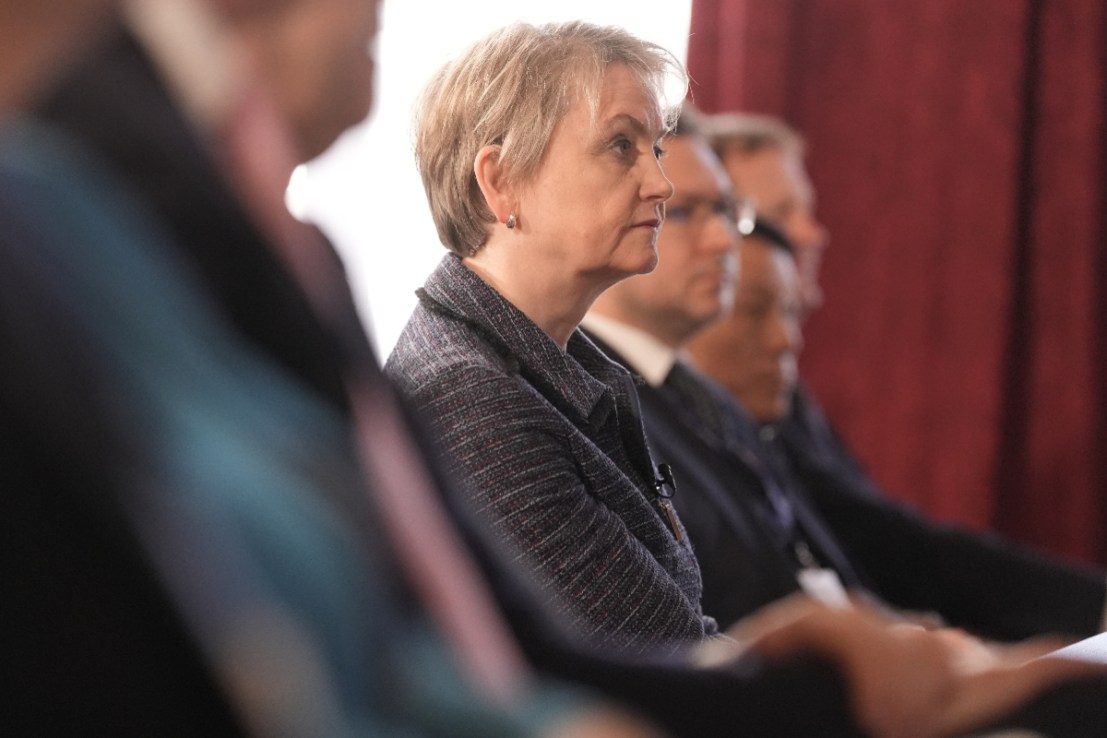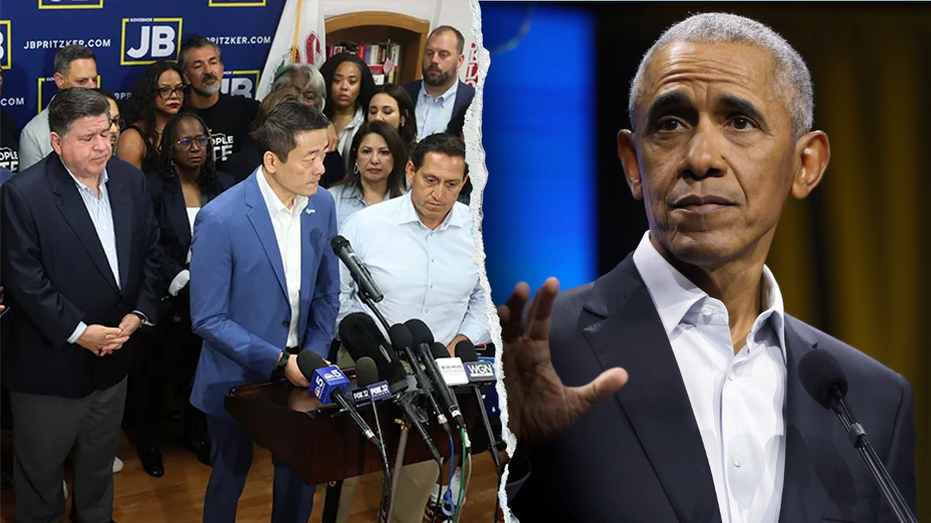Government has ‘lost track’ of illegal migrants working in the UK, MPs warn


The UK government has lost track of the number of migrants who have overstayed visas and what happens to people who have had their sponsorship withdrawn, senior MPs have warned in a devastating blow to Labour’s bid to restore credibility with voters on migration.
Keir Starmer’s government pledged to restore control over UK borders and take on rule-breakers overstaying visas and exploiting the immigration system.
But a damning report by the Public Accounts Committee (PAC), which has nine Labour MPs including Treasury minister James Murray, has found that the Home Office has little understanding of migrants’ compliance with the terms of their visas.
MPs said the Home Office failed to monitor when people leave the UK.
The PAC also said the government has not taken “exit checks” since the skilled worker visa system was introduced in 2020 under former Prime Minister Boris Johnson.
The visa is the main route for migrants to apply to work in the UK and sets job eligibility requirements as well as a salary threshold of £38,700, which will soon rise to £41,700 under Labour proposals.
There are some exemptions for those on PhD visas, who are able to earn less, and those on occupation shortage lists, which include translators, HR managers, pipe fitters and painters.
A report published by the Home Office in May found two in five migrants on the skilled worker visa did not plan to leave the UK.
Migrants exploited by bogus agents
The PAC’s findings suggest that the Home Office had failed to track the number of illegal workers in the UK, with changes to visas overlooking the risks of non-compliance and exploitation of migrant workers.
Many of these workers were suffering debt bondage and working excessive hours, becoming potential victims of modern slavery, the committee warned.
PAC chair Sir Geoffrey Clifton-Brown said: “There has long been mounting evidence of serious issues with the system, laid bare once again in our inquiry.
“And yet basic information, such as how many people on skilled worker visas have been modern slavery victims, and whether people leave the UK after their visas expire, seems to still not have been gathered by the government.
Clifton-Brown added specialised care worker visas, which will now end as part of Labour reforms, were subject to more exploitation by bogus agents in overseas countries as he urged the government to develop research into the understanding of the effects of immigration on labour markets.
At a speech in May, Keir Starmer drew a direct link between the decline in training investment to high net migration in recent years.
But the prime minister has since struck a softer tone on the social impacts of immigration, claiming he regretted using the phrase “island of strangers” to warn against a looser policy.
The PAC said the Home Office needed to explain how it would understand how immigration policies can be used to help fill skill shortages and understand the risks of easing entry requirements for certain occupations.
A government spokesperson said: “This report affirms again that the previous government’s decision five years ago to relax visa controls on skilled workers helped to drive an unprecedented increase in the UK’s level of net migration, with almost one million people coming here in 2023.
“We have rolled up our sleeves to fix the broken immigration system, suspending the highest total of skilled worker sponsor licenses since records began in 2012, raising the Skilled Worker threshold back to degree level and ending overseas recruitment to the care sector.
“With our Immigration Whitepaper we will deliver lower net migration, higher skills, backing British workers and repairing the public’s trust.”






